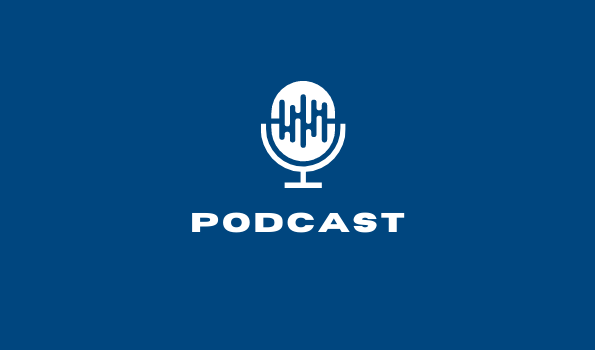
Identify negative thoughts that persist despite evident success, identify the roots of self-doubt and intellectual fraudulence, affirm success and competence. The Northwest MHTTC is excited to collaborate with Aleks Martin, MSW, LSWAIC, SUDP, to deliver a webinar and podcast series as part of our support for provider well-being. Find out more about the series here.
Aleks Martin (S/he pronouns, but they is ok) has been in the health and social service field for over 20 years. Aleks was drawn to the LGBTQI2+ community in their mid-twenties working for a national HIV-prevention study with youth called, Young Asian Men’s Study (YAMS). This exposed them to the great work of HIV workers from other organizations and how community-based programs are critical in reaching out to the most vulnerable populations. During this time, they worked as a Disease Intervention Specialist with Public Health - Seattle & King County for 7 years, including working on the pilot study for the Rapid HIV Test Kit (then a 20-minute test). A big portion of their professional career was spent at Seattle Counseling Service, a behavioral health agency for the LGBTQ community. From 2003 to 2019, Aleks started as Database Manager, Health Educator, Program Coordinator to Chemical Dependency Counselor and Addictions Program Supervisor. This was the safe space where their yearning for higher education was cultivated so they could serve their community further. As a graduate of the University of Washington’s School of Social Work - Masters Program, Aleks developed their skills as a mental health clinician and social justice advocate. Aleks’ perspectives where shifted and allowed them to have a wider lens for diversity, inclusion and equity. Aleks was inspired to start a private practice to address the special needs of the LGBTQI2+ and BBIPOC (Black, Brown, Indigenous and People of Color), particularly Queer and Trans Asian and Pacific Islander people dealing with unique and special issues that intersect with race/culture and gender/sexuality like coming out, spiritual conflicts, cultural dissonance, gender transition, social navigation at work and other environments, interpersonal relationships from intimacy to friendships, understanding relationships with non-LGBTQI2+ partner(s), and so on.